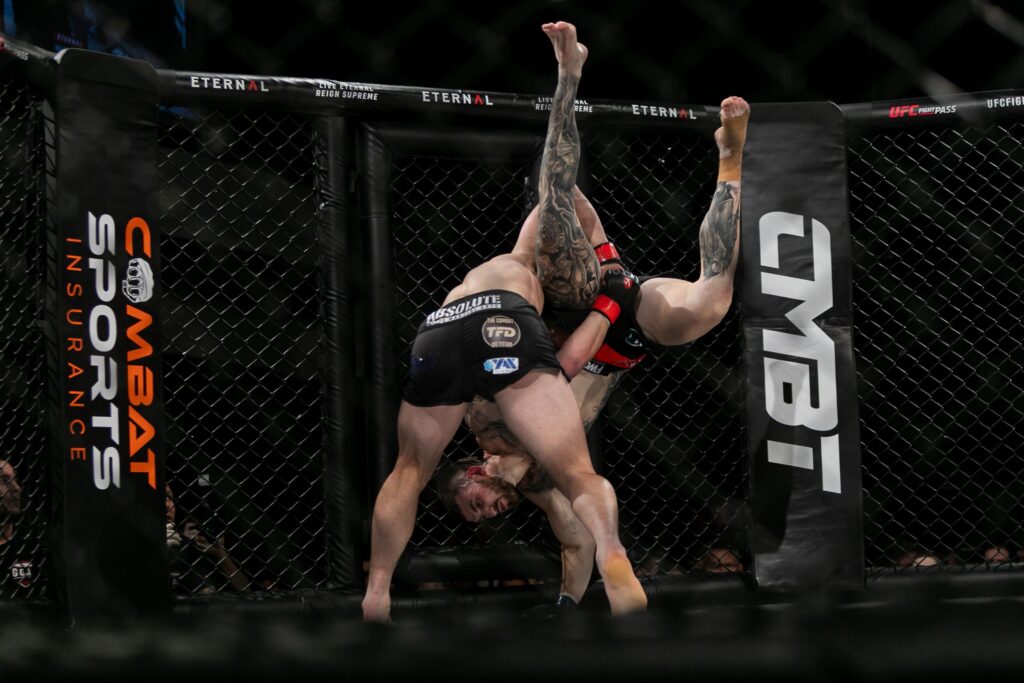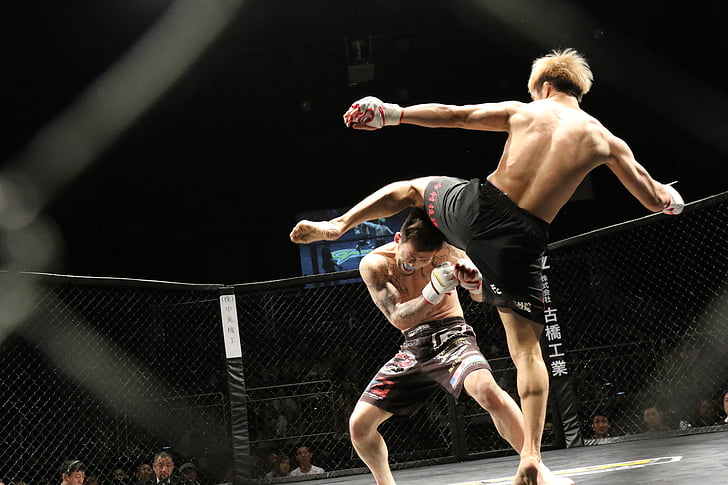If you’re training in mixed martial arts and looking for fighter insurance, you’re not alone. In fact, this is one of the most common things that MMA fighters ask about. The good news is there are several different types of MMA insurance policies available that can protect both your body and livelihood. However, before we talk about how to get insured as an MMA fighter (or any kind of athlete), let’s talk about why getting a policy is important.


Why fighters might want to consider being insured if they haven’t already
It’s no secret that it can be difficult to get work in the MMA industry. Fighters are faced with a lot of uncertainty, and they often must balance training and competing with a full-time job or going to school. This means that they don’t always have time or money to invest in things like health insurance.
But what if your fighter career takes off? What if you become one of those rare success stories and start making serious money? You want to protect yourself from injuries now so that when it does happen, you’ll be able to take care of any medical bills incurred as a result of your fighting career—and maybe even use some of those earnings for retirement.
And here’s another reason why you should consider getting fighter insurance: there are some stiff penalties for not having health insurance if you’re self-employed.
Do organisations typically cover fighter insurance?
Most organisations will cover fighter insurance, but not all. This is because there are different kinds of organisations: some are large and well-established, while others are smaller and less established. The larger, more well-established ones typically have their own insurance policies for covering injuries sustained by their fighters during training or competition. However, the smaller and less established ones may not have this kind of policy in place yet—and if they do, it may just be for events held by them specifically.
For example: If you’re competing at an event that’s sponsored by or hosted by a larger organisation (i.e., UFC)—and you sign a contract with that organisation before fighting—then your fight would probably be covered under their insurance policy. But the same thing cannot be said if you’re fighting at an independent event without such a contract (or even if you’re just training).


Types of fighter insurance
There are a few different types of insurance that fighters need to consider:
- Accident insurance – covers you if you injure yourself in training or during competition.
- Health insurance – pays for medical bills and lost wages if you’re injured while fighting.
- Liability insurance – protects against lawsuits filed by fighters who get hurt when sparring with you, or spectators who get hurt at your fights (or elsewhere).
- Personal injury protection (PIP) – helps cover your medical expenses after an accident, even when it’s not work related. PIP is often paid through the same company that provides your auto insurance, but some states don’t require PIP coverage on car policies anymore so check with your provider before signing up for this policy if you live in one of those states!
- Life Insurance – If something happens to you as a fighter during training or on fight night, life insurance can help pay off debts, support loved ones financially and cover funeral costs.
Conclusion
In conclusion, fighters should ensure they have good insurance in place to protect their livelihoods. It’s a complex area and one that we have touched upon here, but it won’t be the same for everyone. The important thing is that if you’ve got any questions or concerns about your own cover, then don’t hesitate to reach out to us here at Combat Sports Insurance. We’ll always do our best to help!

